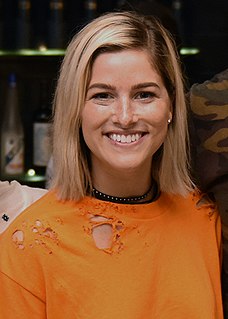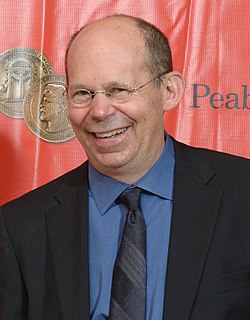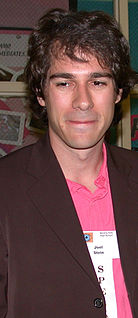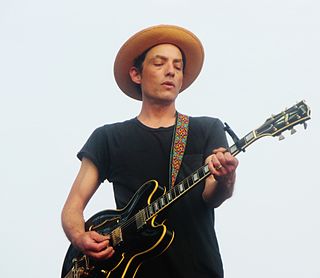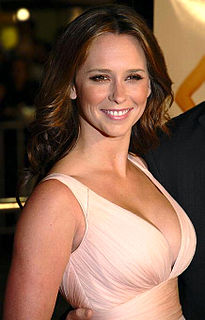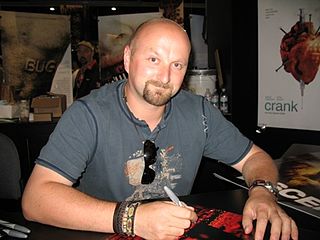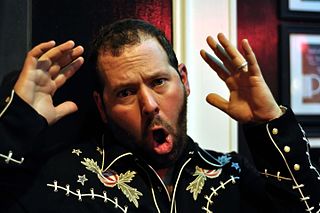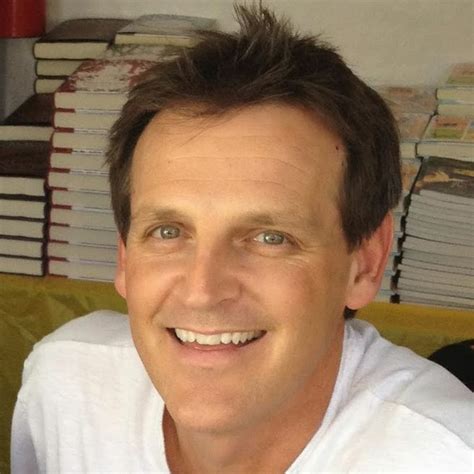A Quote by Alex Tizon
I guess you could say I've written a lot about one thing as a journalist. But I hardly ever saw it as exclusively about race. To my mind, it was more about telling stories of people who existed outside the mainstream's field of vision. Invisible people.
Related Quotes
There's something exhilarating about telling stories that haven't been shared before and haven't been told publicly before. The last thing I want to be doing is telling stories other people have already told. That's not to say that there isn't important work out there about people in positions of power, but I know my strength. Even when I was at the Wall Street Journal 10 years ago, this is what I wrote about.
I don't mind when people are telling me about their 1971 Firebird, but it's the same thing as people telling me about their car or something. It's fine if you have an interest. By talking with me, though, you could be interviewing a novelist about guitars. It's the same thing, except I don't write that well either.
I do think that even with entertainment and telling stories, people in the entertainment industry have such a beautiful position in the world to speak about things that they're passionate about in a way that can grab people more than just sitting and telling someone about something, because you can show it visually.
There are stories in the Bible about people telling other people how to do things. When you hear this young man say "we don't give up," that's something human beings who win will tell you every time. Breaks will happen. When they happen, you keep the same mind about what you're doing. It's about we the people getting on with our lives and doing it that way.
Far too often scripts are being written with race in mind, but the subject matter doesn't lend itself to any conversation on race. I applaud Jesse [Zwick] for having the courage to say, this [About Alex] just a story about friends, and they could be anyone. There's no specific color that forces a relationship to be discussed in any other manner.
Modern civilization is largely devoted to the pursuit of the cult of delusion. There is no general information about the nature of mind. It is hardly ever written about by writers or intellectuals; modern philosophers do not speak of it directly; the majority of scientists deny it could possibly be there at all. It plays no part in popular culture: no one sings about it, no one talks about it in plays, and it's not on TV. We are actually educated into believing that nothing is real beyond what we can perceive with our ordinary senses.
I'd say the most important criteria is vision. What is your vision for the party? Do you have a vision to strengthen the grassroots and help them turn out people in their local communities? That's the real thing. The real question is not about one person. It's not about an individual. It's about millions of people working all over this country to reach out in their local communities. And the DNC chair has to help them do that and have a vision for that and have the energy for that.
I think there's a whole book being written about it in the UK. I don't know if you can get it here. It's about all the hidden messages and meetings in this and the fact that it is about women and the fact that this cave is full of blood and all this kind of stuff. And when I was making it, I didn't make it with that specifically in mind, but I always had it in the back of mind and I thought, 'Let's just throw it in there and see what people make of it.' And people seem to be making quite a lot of it. So I don't want to spell it out or say this, that or the other.
We can be aggressive at the right time with the right stakes when it comes to price. But I think for us, it starts and ends with people. And generally speaking, venture investors will say that. Right? That people are very important. It is all about the people. But at Anthemis, it is beyond "all about the people." Because it's almost exclusively about the people. We've been operating this way for a while.

